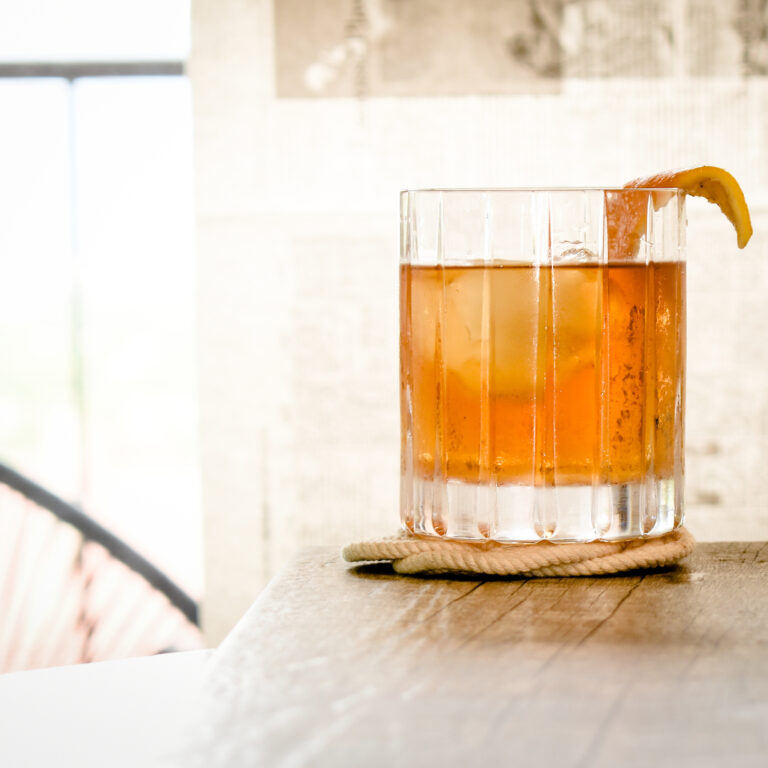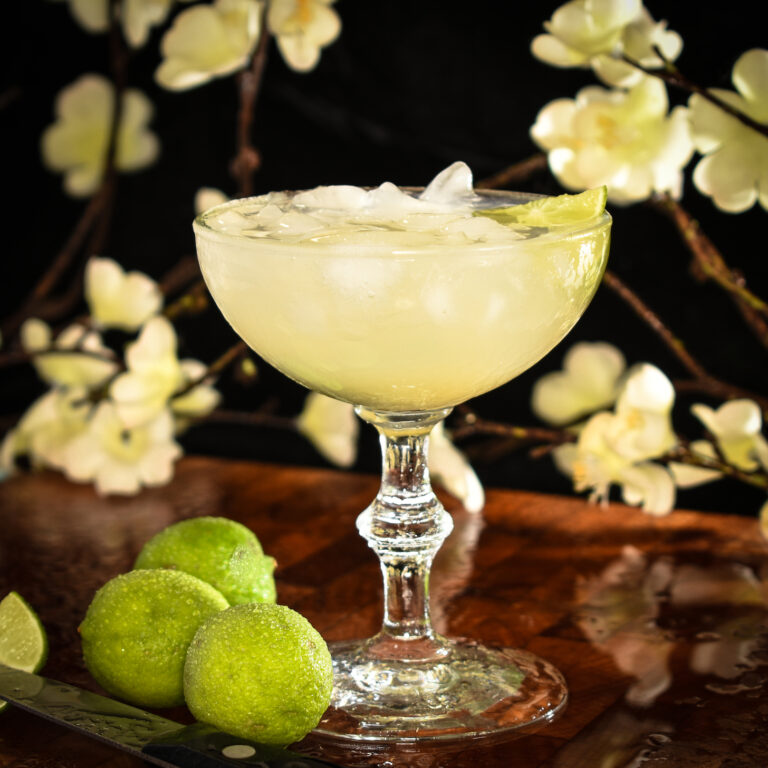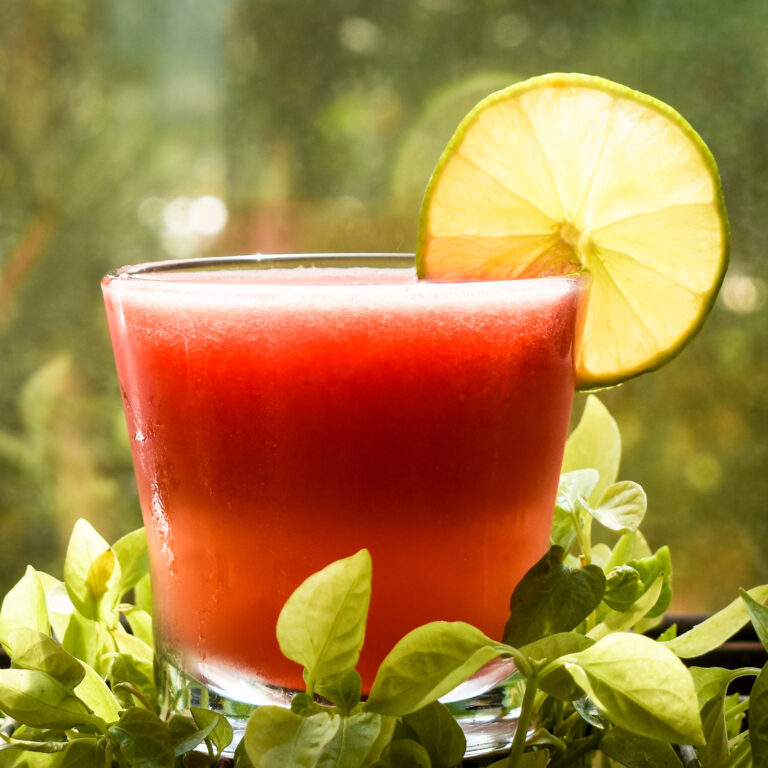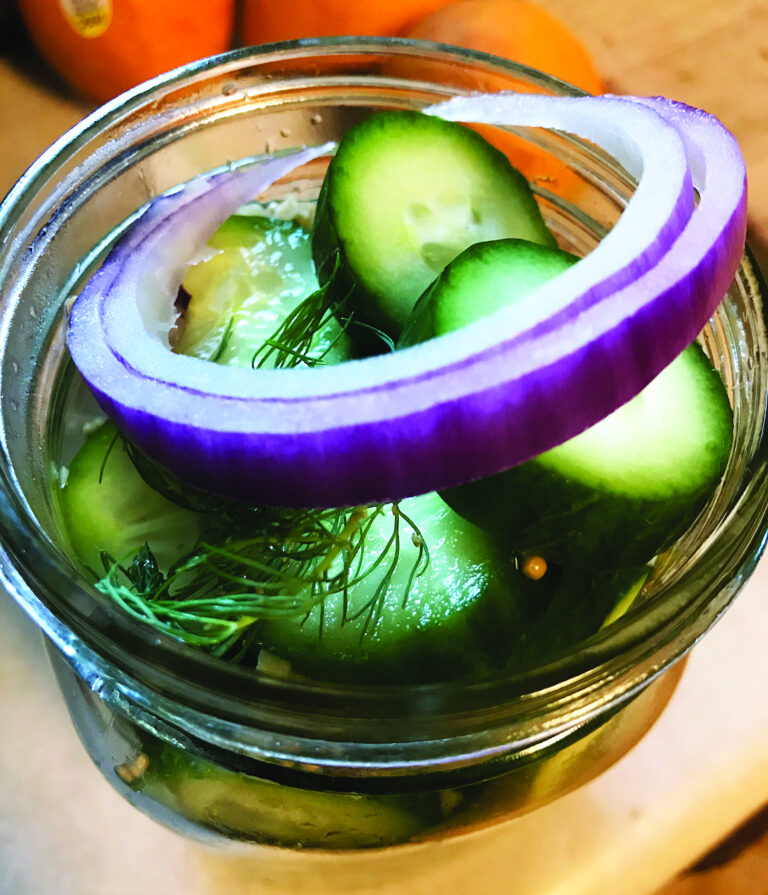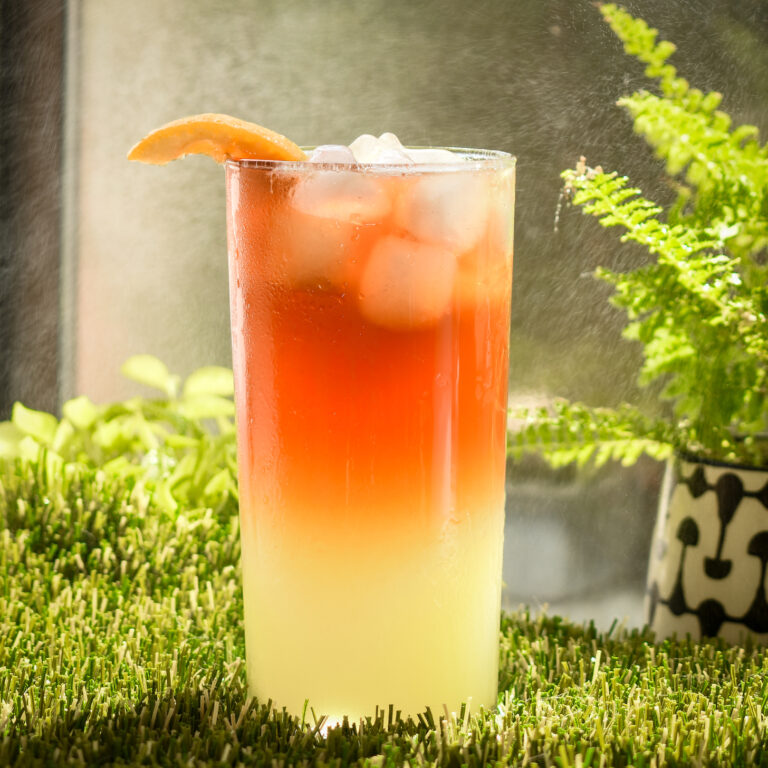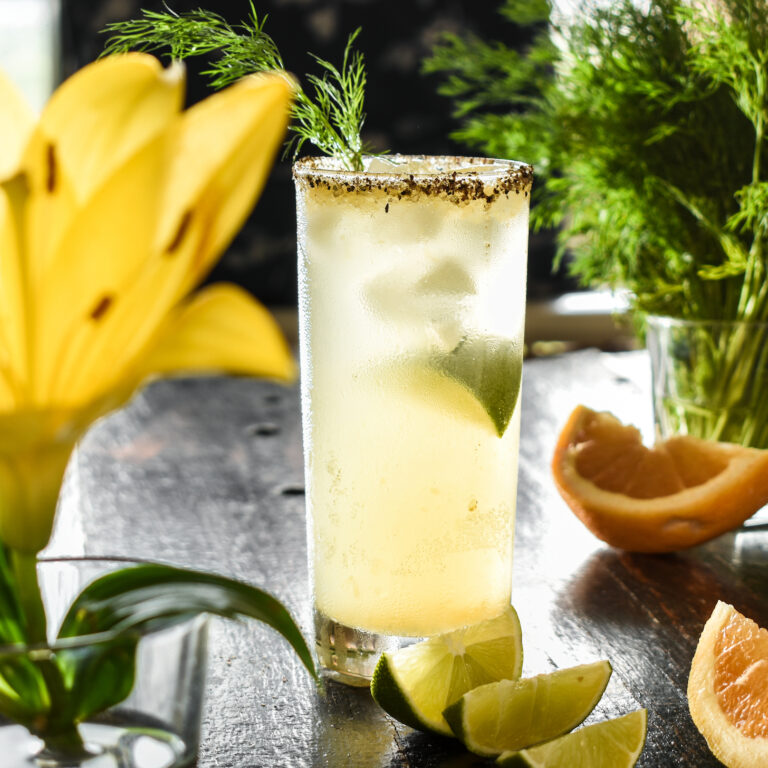Send your food and garden queries to flash@flashinthepan.net.
Latest Article|September 3, 2020|Free
::Making Grown Men Cry Since 1992
2 min read
Q: Dear Chef,I hear you’re not supposed to use olive oil for frying. But I’m vegan, so my oil options are limited, and olive oil is my favorite! If it’s true that olive oil is bad for frying, can you recommend a substitute?—Frazzled Frybaby A: The frying-with-olive-oil debate boils down to the temperature at which the oil begins to smoke—also known as the "smoke point." The smoking of oil, like the smoking or burning of anything else, indicates a chemical reaction in which new and potentially harmful compounds can be created.Different olive oil extraction processes produce different varieties, including "light" (highly filtered), "virgin" (low acidity, no refined oils), "extra-virgin" (first pressing, no heat or chemicals used in the extraction), etc.Of all olive oils, "extra-virgin" is the least heat-tolerant, smoking at 375° to 405° F, depending on the oil. As normal deep-frying takes place at 375° F, this places extra-virgin olive oil on the edge of appropriate, and the particles that accumulate in oil during frying will quickly lower the oil’s smoke point.For the hottest frying, consider refined safflower oil, which has a smoke point above 500° F. Whatever oil you use, if it does smoke, toss the oil, wash the pan and start again. Even if the oil doesn’t smoke, there are reasons to reconsider cooking in hot oil.Scientists have been discovering a growing number of molecules, carcinogenic or otherwise toxic, that are formed when food is cooked at high heat. Heterocyclic amines, for example, are very nasty, and they form when meat is heated above 392° F in the presence of oil. And even fry-pan vegans like yourself can still worry about acrylamide, which is found in potato chips, roasted nuts and flaked breakfast cereals. Like heterocyclic amines, acrylamide forms only at high temps.So instead of worrying about which oil is best, why not just turn down the heat? Frying slowly, at low temperatures, can still produce that satisfying brown exterior crisp. Fewer harmful molecules will be produced, and more of the nutrients in your food will survive the cooking and make it into your body.


